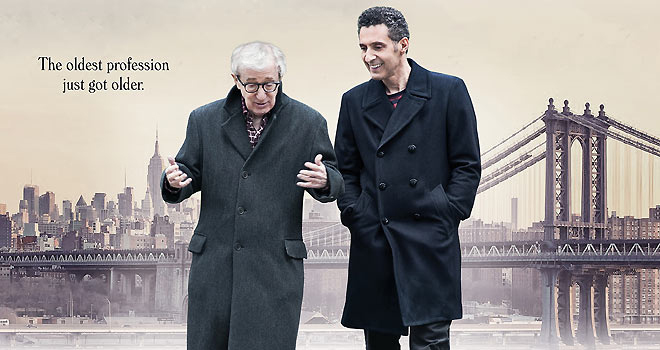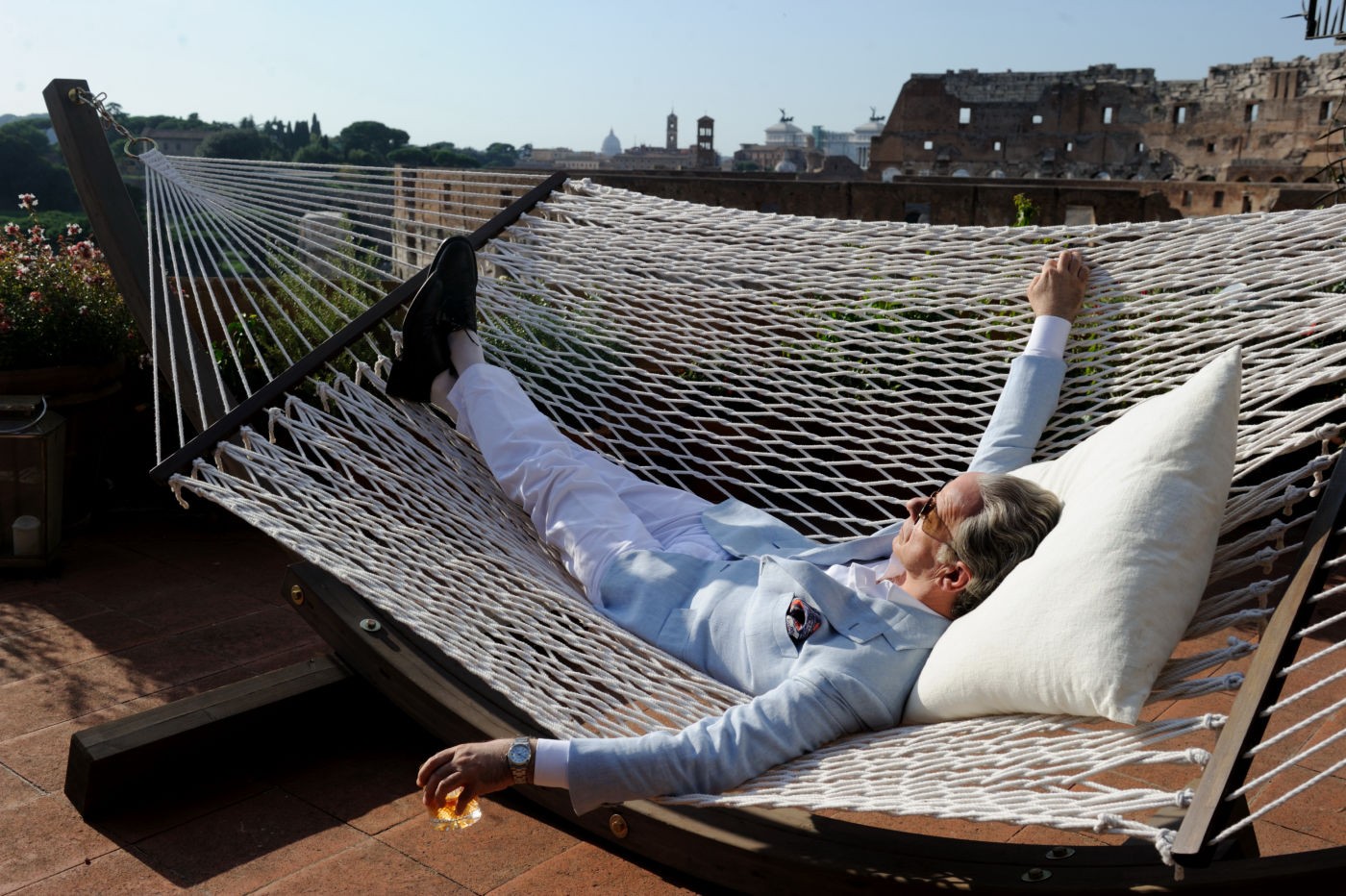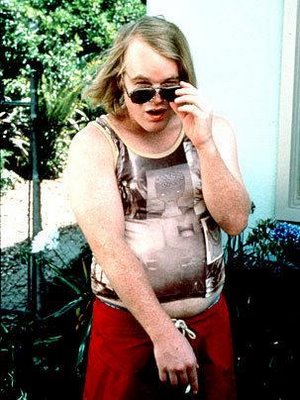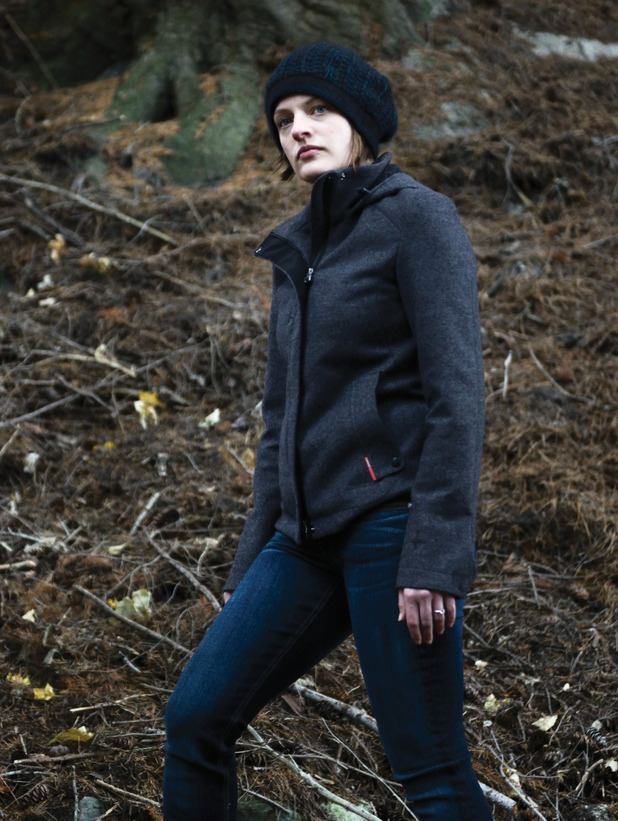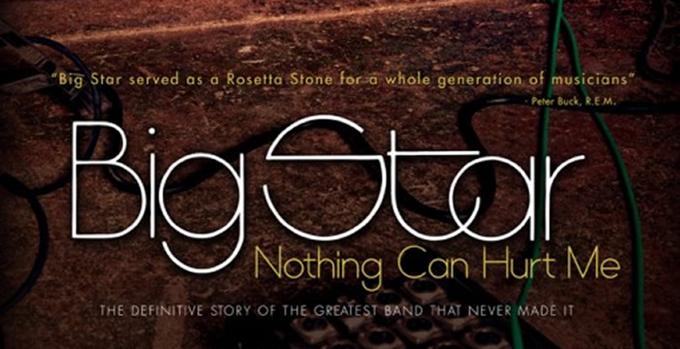As stomach-churning and absurd as that concept of Woody Allen pimping out John Turturro might seem, Fading Gigolo actually comes across somewhat believable in a film that achieves more than you might expect. Written and directed by Turturro, the film avoids taking an easy, farcical approach to a ridiculous idea and instead delivers a compassionate look at longing and the reawakening of desire.
Allen, whose public persona has once again taken a significant hit recently, might regain some goodwill through a performance that I would argue is the highlight of the movie. He's since halted appearing in his films, for good reason, so it's a nice reminder of what he can do comedically when in front of the camera.
Allen plays Murray, a bookstore owner who's facing the end of the line for his family business. The idea of Allen as a used bookstore proprietor sounds like a movie in of itself, but this plot aspect only appears briefly at the beginning when he's telling his employee Fioravante (Turturro) that he might have some ideas for a new line of work.
The breezy nature of this conversation is a truly bizarre film moment. Allen recalls a conversation he had with his dermatologist (Sharon Stone), who happens to mention that she's currently looking for a middle man in a threesome with friend (Sofia Vergara). Happens all the time, right?
Allen only has to twist Turturro's rubber arm slightly before Fioravante is hustling on the New York streets, making gentlemanly house calls while deploying the utmost professionalism. Turturro, who also holds down a florist job, performs his romantic duties as though it's just another part-time gig that pays the bills. Meanwhile, Allen enjoys his cut of the transactions and does his best to keep lining up clients.
 Soon Allen meets a Hasidic widow named Avigal (Vanessa Paradis) and decides she needs some help "letting go" of the past. While you half expect wackiness to ensue, the scenes between Turturro and Paradis are exceptionally touching and sweet. Paradis is a superb actress - miles above her former husband - and here she gives an incredibly nuanced performance using minimal dialogue. Her looks of fear and elation say it all.
Soon Allen meets a Hasidic widow named Avigal (Vanessa Paradis) and decides she needs some help "letting go" of the past. While you half expect wackiness to ensue, the scenes between Turturro and Paradis are exceptionally touching and sweet. Paradis is a superb actress - miles above her former husband - and here she gives an incredibly nuanced performance using minimal dialogue. Her looks of fear and elation say it all.There is a subplot involving a lovesick and jealous Hasidic patrolman (Liev Schreiber), who becomes suspicious of Avigal's sudden happiness, but it doesn't really add much to the plot. Also, and argument could be made that Turturro doesn't connect the story lines between the gigolo plotline and the Hasidic widower very seamlessly in the third act. It sometimes felt like you were watching two different movies that clumsily converge.
But such issues are nit-picky in a film that builds up so much endearment with fine performances and vintage-looking New York atmosphere. Turturro is not unlike his contemporaries Spike Lee, and Allen, in that his New York is one of jazz soundtracks and autumn colours. He's a true New Yorker and his romance with the city seeps out from the screen.
As for Allen, it's hard to recall a recent movie he was so enjoyable in. His zingers and one-liners are like a drum beat that keeps the movie's rhythm at the right tempo. Murray helps look after four rambunctious African American boys and these interactions are uproariously funny. It lets you forgive the fact that he's endeavouring to be pimp.
 I know there are many out there who have turned off Allen for various reasons, but I can't say I'm among them. I mean how can you stop being a fan of Woody Allen, the artist? I doubt I'll ever know in my lifetime.
I know there are many out there who have turned off Allen for various reasons, but I can't say I'm among them. I mean how can you stop being a fan of Woody Allen, the artist? I doubt I'll ever know in my lifetime.